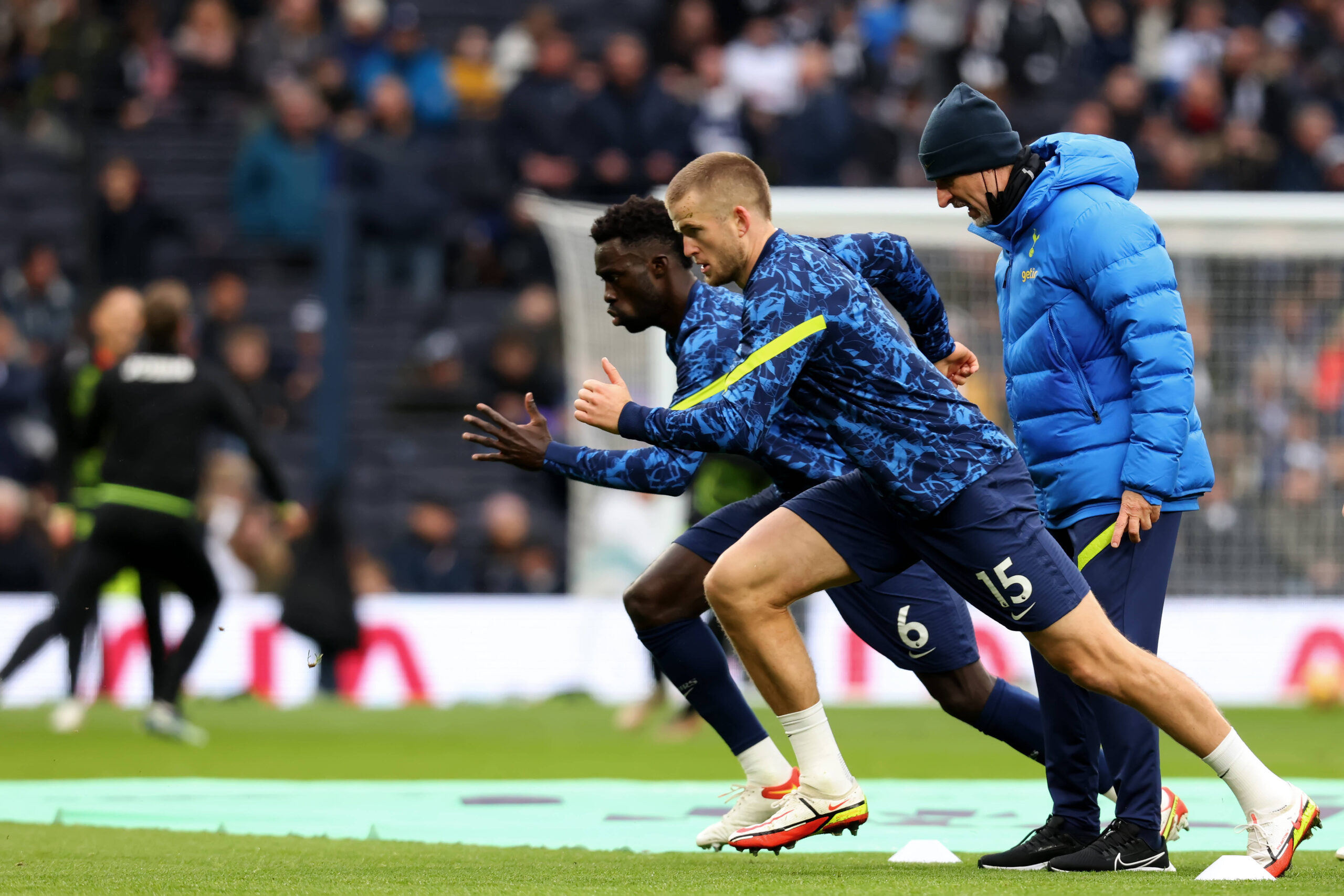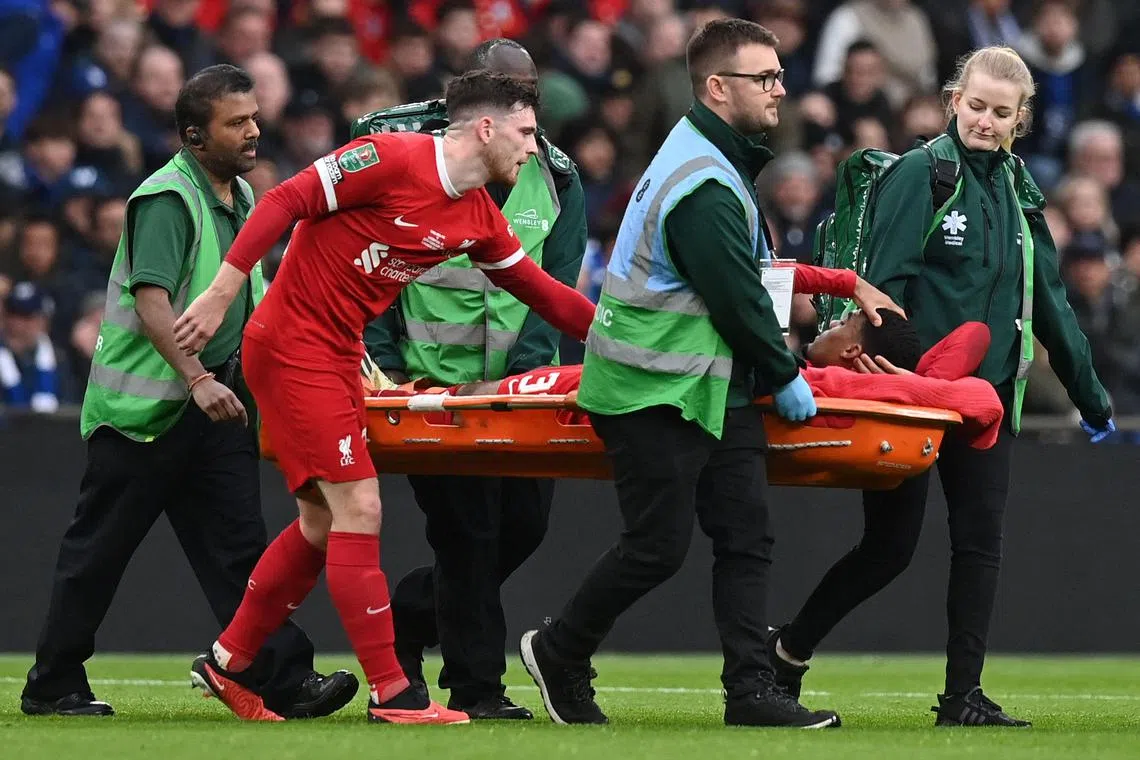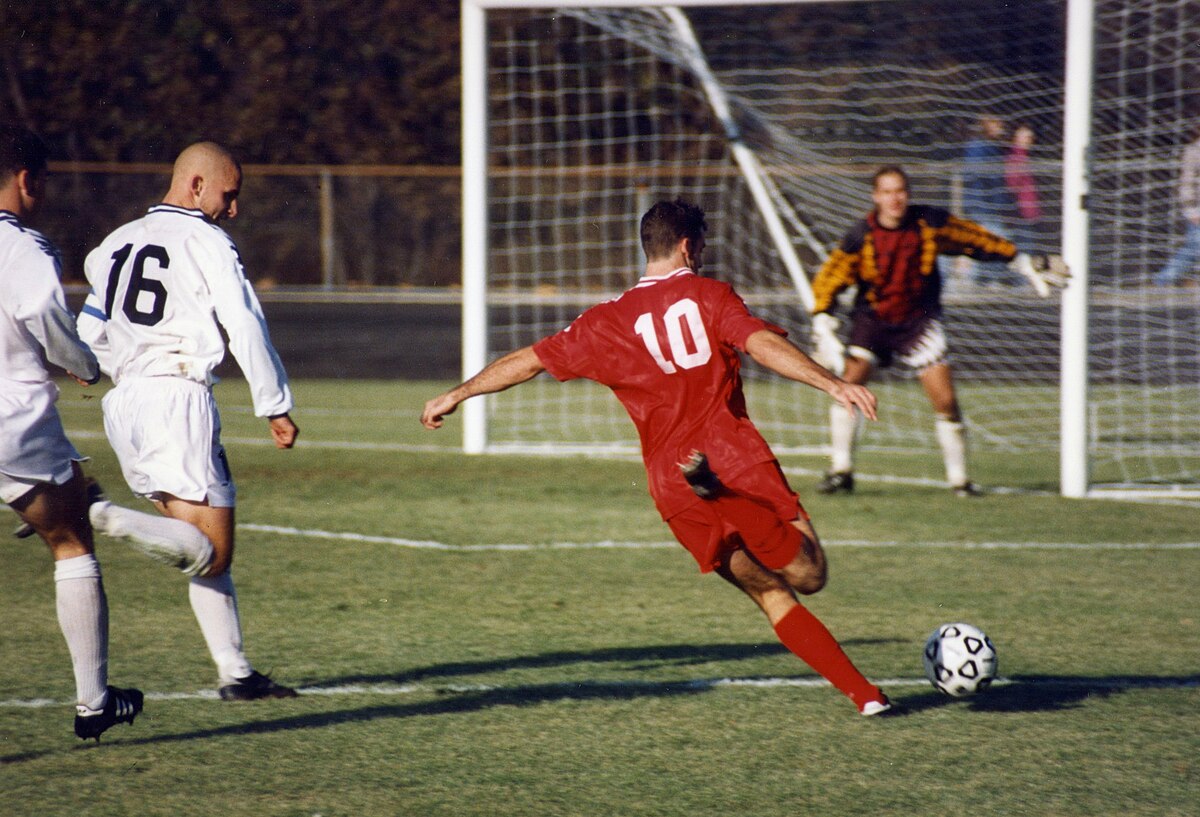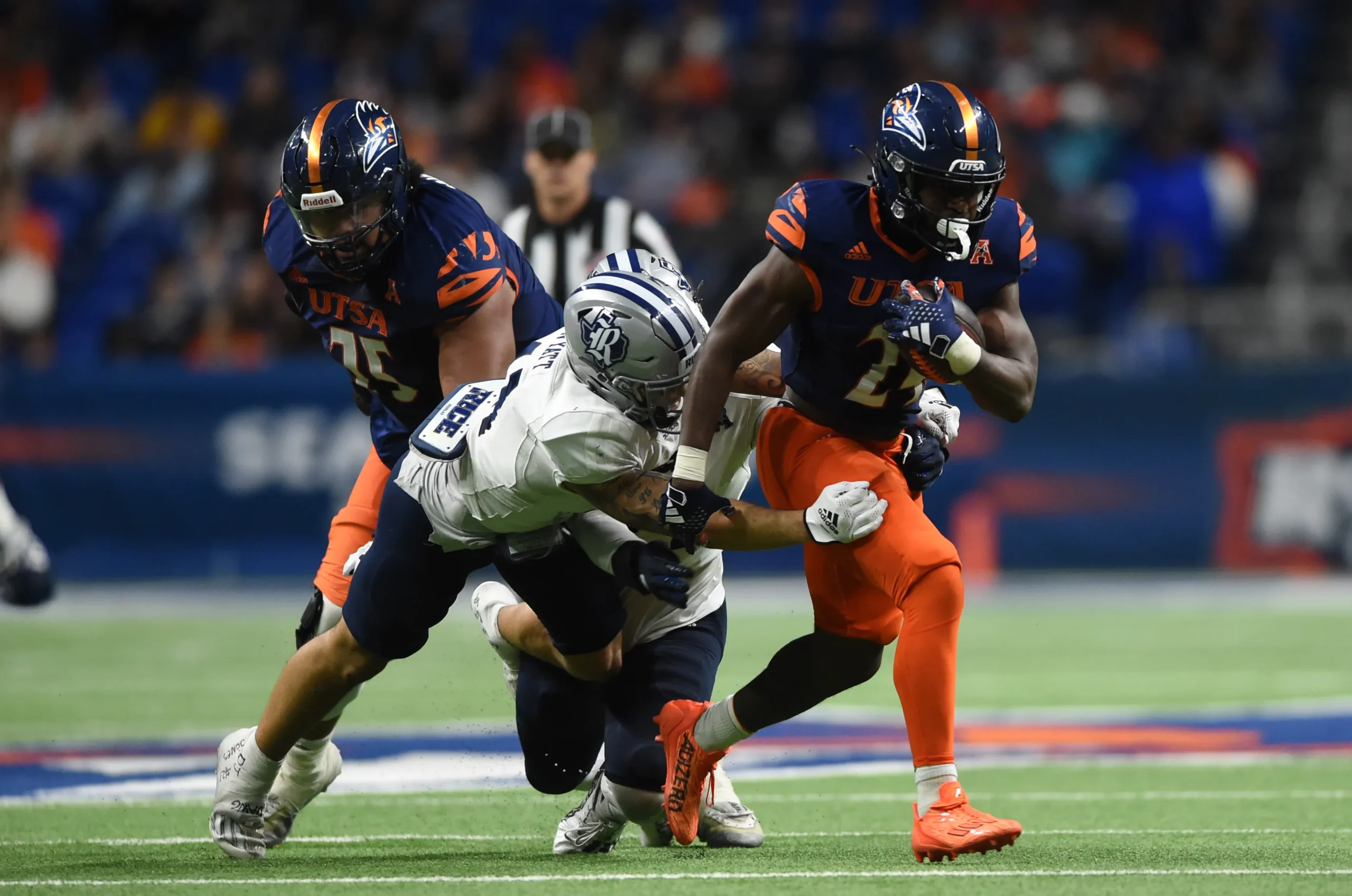Helping Top Footballers Manage Pressures in the Sport

Hey there, if you’ve ever watched a penalty shootout in a packed stadium and felt your heart racing from the couch, imagine lacing up those boots and stepping into the spotlight yourself. As someone who’s spent years coaching young talents and even rubbed shoulders with a few pros during my time volunteering at a Premier League academy, I know the weight of those moments all too well. Top footballers aren’t just athletes; they’re under a microscope, juggling fame, fortune, and the fear of one bad pass derailing it all. But here’s the good news: managing that pressure isn’t some mystical gift. It’s a skill, honed like any other on the pitch. In this piece, we’ll dive deep into what makes the pressure cooker of elite football tick, share stories from stars who’ve stared it down, and arm you with real tools to thrive under it. Let’s kick off.
Understanding the Unique Pressures Top Footballers Face
Picture this: You’re Jude Bellingham at 20, already clocking more minutes than Beckham did at your age, jetting between club duties and international call-ups, with every misstep dissected on social media. That’s the reality for elite players today. The demands aren’t just physical—fixture congestion, travel fatigue, and the constant pull between club and country create a mental grind that can lead to burnout faster than a poorly timed tackle. From my days on the sidelines, I’ve seen how this relentless schedule erodes confidence, turning confident strikers into shadow versions of themselves. It’s not weakness; it’s human nature amplified under the brightest lights.
These pressures hit harder because football isn’t just a job—it’s an identity. One study from FIFPRO highlights how 38% of pros battle depressive symptoms, often tied to the fear of non-selection or public scrutiny. And let’s be real, the glamour hides the isolation: away games in empty hotel rooms, family time squeezed into off-seasons that barely exist.
The Impact of Pressure on Performance and Well-Being
Pressure doesn’t just whisper; it screams, hijacking your focus and turning split-second decisions into hesitation fumbles. Psychologically, it spikes cortisol levels, sharpening reactions short-term but leading to errors under prolonged stress—like Dele Alli’s dip in decision-making during crunch ties, as AI analysis once revealed. I’ve coached kids who crumbled in finals, their passes going astray because anxiety rewired their brains mid-game. On the well-being front, it’s even darker: unchecked, it fuels anxiety, depression, and in tragic cases, worse. Remember Robert Enke? The German keeper’s story of battling depression amid career highs is a stark reminder that no amount of glory shields you from the toll.
Beyond the pitch, it seeps into life off it. Sleep disruption from travel, strained relationships from being “always on,” and the perfectionism trap—Aitana Bonmatí owns her drive but admits it borders on self-sabotage. The result? A cycle where poor performance amps up more pressure, like a bad free-kick looping back endlessly.
Real Stories: Footballers Who’ve Conquered the Mental Game
Nothing cuts through theory like a raw tale from the trenches. Take Andrés Iniesta, the midfield maestro whose depression after losing close friend Dani Jarque nearly sidelined him forever. In the 2010 World Cup final, with the world watching, he channeled that pain into glory, scoring Spain’s winner. “Football saved me,” he later shared, turning vulnerability into a badge of strength. Or consider Jesse Lingard, who hit rock bottom at Manchester United, admitting the weight of expectations left him numb. A loan to West Ham and therapy flipped the script—he scored, smiled, and spoke out, inspiring mates to seek help. These aren’t fairy tales; they’re proof that owning your struggles publicly can lighten the load. Heck, even I remember a 17-year-old I mentored, much like young Bellingham, who bombed a scout day trial. We talked it out over post-match chips, and he bounced back stronger, netting a pro contract months later. It’s messy, it’s human, but it’s conquerable.
Proven Psychological Strategies to Handle Pressure
Acceptance and Commitment Therapy (ACT) in Action
ACT isn’t some fluffy seminar—it’s a powerhouse for footballers, teaching you to accept tough thoughts without letting them derail your run. Core pillars like being “open” (embracing doubts) and “aware” (staying present) help players like those in Euro squads defuse anxiety before it explodes. In sessions I’ve run, players visualize pressures as clouds passing by, not storms to fight. It cuts recovery time between games and builds that flexible mindset for when the ref’s whistle blows.
Building Mental Resilience Through Simulated Drills
Resilience isn’t born; it’s drilled. Coaches simulate high-stakes scenarios—crowd noise, time ticking down—to expose players gradually, turning panic into poise. Think Kevin De Bruyne thriving in Man City’s title chases; his calm under fire comes from reps that mimic the madness. From my experience, starting small—like penalty practices with mates heckling—builds the muscle. Players learn to refocus on breath or cues like “see the ball,” emerging tougher, not broken.
Goal-Setting Techniques Tailored for Elite Play
Forget vague dreams; smart goals are your GPS through chaos. Break them into short-term wins (nail that crossing drill today) and long-term visions (lift the trophy), reducing overwhelm. Sports psychs swear by this for motivation dips, and I’ve seen it work wonders— one lad I coached set “process goals” like daily journaling, turning a relegation scrap into a playoff push. It’s about control in a sport that loves to yank the rug out.
Practical Tools and Techniques for Daily Pressure Management
Ever caught yourself spiraling over a missed chance? Tools like these are your off-pitch teammates. Start with breathwork: 4-7-8 breathing (inhale four, hold seven, exhale eight) calms the nervous system pre-kickoff, as Stanford’s Kelli Moran-Miller recommends for pros. Journaling’s another gem—scribble three wins and one lesson post-training to rewire negativity. And don’t sleep on visualization: pros like Neymar replay perfect plays in their heads, turning nerves into fuel.
For humor’s sake, try the “pressure playlist.” I once blasted Queen’s “Don’t Stop Me Now” in a locker room before a tense derby—suddenly, the lads were laughing, loose, and lethal. These aren’t gimmicks; they’re lifelines that keep the joy in the game.
The Role of Support Systems: Coaches, Teams, and Families
Coaches aren’t just tacticians; they’re pressure valves. Empathy matters—understanding a player’s off-pitch woes, like exams or family pulls, prevents blowups on it. England’s Pippa Grange transformed their 2018 World Cup run by fostering open chats, ending penalty curses. Teams build this through peer circles, where vets like Harry Kane share war stories, normalizing the struggle.
Families? They’re the unsung heroes. A quick call home grounds you, reminding life’s bigger than one yellow card. In my coaching stint, a dad’s note—”Proud no matter what”—turned a sulking teen into a leader. Surround yourself with a squad that lifts, not loads.
Where to Find Professional Help: Resources for Footballers
Top Mental Health Organizations for Pros
When the weight’s too much, pros turn to trusted allies. The PFA’s wellbeing hub offers confidential counseling, from depression chats to transition support for retiring stars—vital since 1 in 10 face it yearly. FIFPRO’s pilot projects push unions for stigma-free access, while Mind’s “Get Set to Go” pairs football with therapy sessions. These aren’t extras; they’re essentials, with hotlines like NFL’s Lifeline (adaptable for soccer) providing 24/7 ears.
Best Sports Psychologists and Apps
For one-on-one, seek certified gems like those in the U.S. Olympic Committee’s registry—think Moran-Miller for attentional control tweaks. Apps like Headspace tailor mindfulness for athletes, with guided sessions on peaking under pressure. Where to start? Check the British Psychological Society’s sport psych directory or PFA’s resource page. Transactionally, platforms like BetterHelp offer affordable virtual sessions—book via their site for quick wins.
Comparing Support Approaches: Therapy vs. Self-Help
| Approach | Pros | Cons | Best For |
|---|---|---|---|
| Therapy (e.g., ACT with a Psych) | Personalized, deep-rooted change; accountability from sessions | Time-intensive, potential stigma | Chronic anxiety, post-injury slumps |
| Self-Help (Apps/Journaling) | Flexible, private; low-cost entry | Lacks guidance; easy to slack | Daily maintenance, mild stress |
| Team-Based (Peer Circles) | Builds camaraderie; immediate relatability | Group dynamics can intimidate | Building resilience in squads |
Therapy shines for tailored breakthroughs, like Iniesta’s recovery, but self-help’s quick hits suit busy schedules—think De Bruyne’s focus cues on the fly. Blend them for max impact; no one-size-fits-all in this game.
Pros and Cons of Mindfulness in Football Pressure Management
- Pros:
- Boosts focus: Reduces “choking” by 20% in studies, per Frontiers research.
- Quick wins: 10-minute sessions fit pre-match routines.
- Emotional edge: Fosters empathy in teams, cutting isolation.
- Cons:
- Initial resistance: “Woo-woo” vibes turn off tough guys (guilty as charged in my early days).
- Over-reliance: Without action, it’s just zen without zip.
- Time crunch: Fixture piles leave little room for extras.
Still, when done right—like Bonmatí’s perfectionism tweaks—it’s a game-changer, blending calm with killer instinct.
People Also Ask: Common Queries on Football Pressure
Drawing from Google’s own suggestions, here’s what folks are really wondering—quick hits to spark your thinking.
How do football players deal with anxiety before big games?
They lean on routines: deep breaths, visualization, or a hype playlist. Pros like Pulisic chat with psychs pre-match to normalize the jitters—it’s not about erasing fear, but dancing with it.
What causes burnout in professional footballers?
Overload from 60+ games a season, plus media glare and perfectionism. Enke’s story shows how it creeps in; prevention? Scheduled downtime and boundary-setting.
Can sports psychology really improve performance under pressure?
Absolutely—studies show it enhances decision-making by 15-20%. Bellingham’s Real Madrid poise? That’s psych work paying dividends.
How to build mental toughness in young footballers?
Start with failure drills and growth mindset talks. NTU research spots behaviors like teammate support as keys—coach empathy over criticism.
What are signs a footballer needs mental health help?
Withdrawal, irritability, or performance dips despite training. Rose’s depression tale? Spot early, act fast via PFA lines.
FAQ: Your Burning Questions Answered
What is sports psychology for footballers?
It’s the mental gym—techniques to sharpen focus, tame anxiety, and bounce back from setbacks. Informational gold: Think ACT helping players accept doubts without freeze-ups, boosting on-pitch flow.
Where can top footballers get immediate mental health support?
Hit up PFA’s anonymous helpline (020 7745 0800) or FIFPRO’s global network. Navigational tip: PFA Mental Health Hub connects you fast—no judgment, just pros who get it.
Best tools for managing game-day pressure?
Apps like Calm for guided breaths or Whoop for stress tracking. Transactional pick: Grab “Mindfulness and Acceptance in Sport” book (Amazon link)—it’s the playbook for thriving under lights.
How does pressure affect young vs. veteran players?
Youngsters like academy releases face identity crises (11,000 UK cases yearly), while vets battle legacy fears. Both benefit from resilience drills, but vets add peer mentoring.
Is therapy worth it for pro footballers?
100%—Ridley’s break for mental health sparked his comeback. It reframes pressure as a teammate, not foe, with ROI in sharper play and longer careers.
Wrapping this up, remember: Pressure’s the tax on greatness, but with the right toolkit—stories like Iniesta’s for inspiration, ACT for armor, and a support squad—you pay it and prosper. I’ve seen it transform shaky talents into stadium shakers. If you’re a player, coach, or fan feeling the squeeze, start small today. That breath, that journal entry? It’s your first step to owning the pitch, pressures and all. What’s one tool you’ll try? Drop a thought below—let’s chat.
 What Is Health? A Deep Dive into the Foundation of a Fulfilling Life
What Is Health? A Deep Dive into the Foundation of a Fulfilling Life  The Hidden Toll: How a Packed Football Schedule Is Breaking Players’ Minds
The Hidden Toll: How a Packed Football Schedule Is Breaking Players’ Minds  Is it Soccer or Football? The History of the Sport
Is it Soccer or Football? The History of the Sport  4 Principles for Improving Health Care Around the World
4 Principles for Improving Health Care Around the World  Health and Wellness: A Holistic Approach to Happy Living
Health and Wellness: A Holistic Approach to Happy Living  Yesterday’s Gridiron Glory: A Rollercoaster Recap of College Football’s Wild Week 7 on October 11, 2025
Yesterday’s Gridiron Glory: A Rollercoaster Recap of College Football’s Wild Week 7 on October 11, 2025